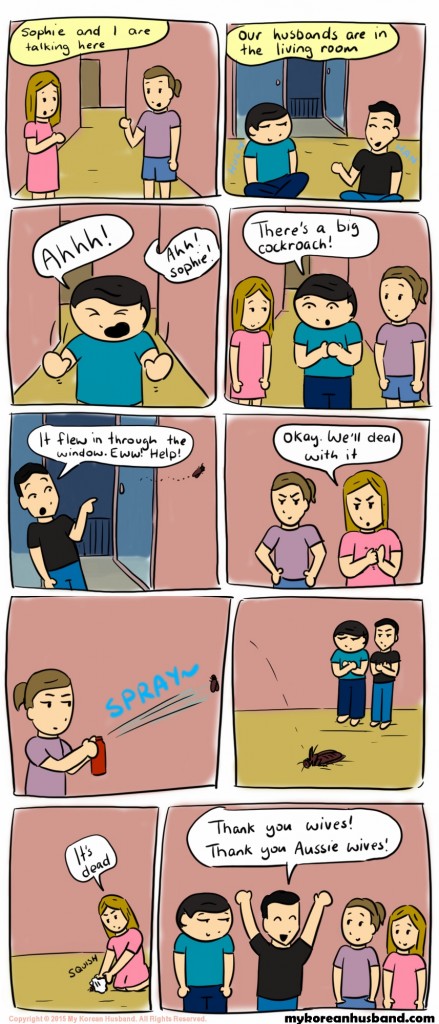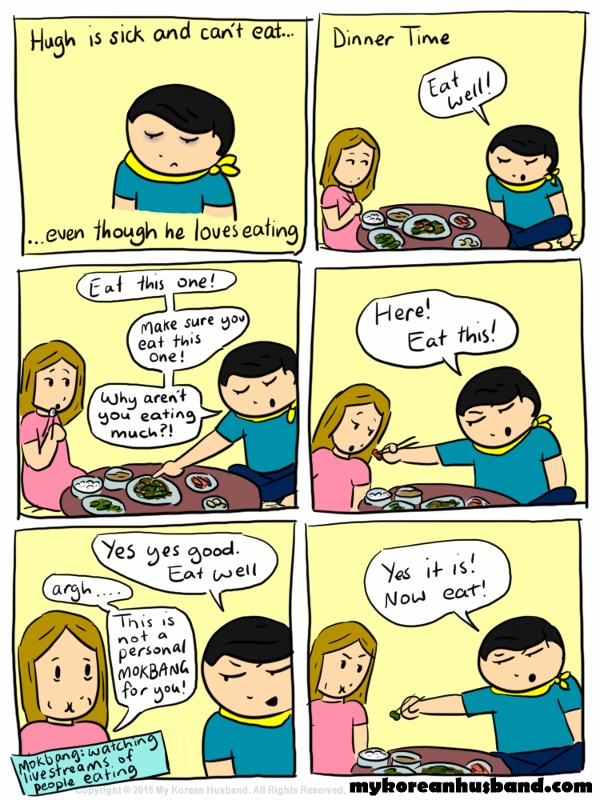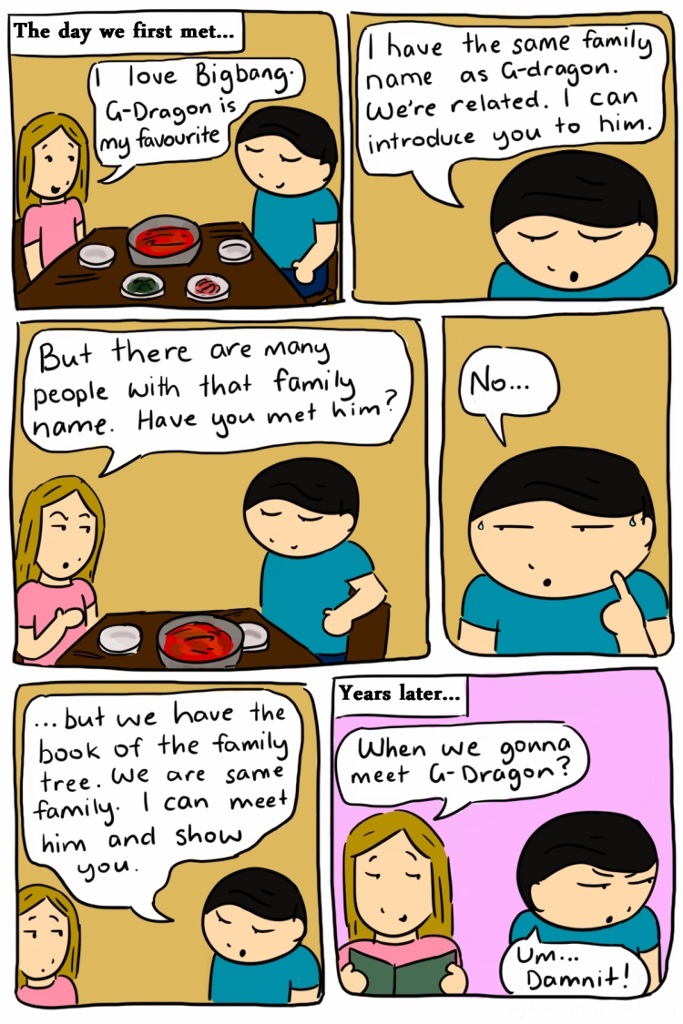We filmed this before we were in Australia for 6 weeks. This is the ancestral memorial rites for the Gwon/Kwon family. Hugh and I were researching online the exact word for this type of one but couldn’t find it, there doesn’t seem to be as much information about it. It is Jesa, the ancestral rituals, but not exactly the same as the more commonly done ones. This one is done once a year with the head family and it honors 8 or 9 generations back. Because the Gwon family were part of the yangban (the traditional ruling class) they have all the records of how far back their family goes.
In Korea, Catholics, Buddhists and the nonreligious practice ancestral rites, but protestant Christians do not usually. Although I identify as Christian myself, I have a lot of issues with the type of Christianity in Korea and how culture can be erased when Western missionaries push their own beliefs but that’s a discussion for another day. These ceremonies show appreciation and respect to the family’s ancestors as well as strengthening ties with living family.
You can see the different treatment of men and women in Confucianism in traditions like this (and still to this day in modern society). But it is gradually changing. Just recently for Lunar New Year Hugh’s immediate family decided it wasn’t fair for women to have to do 4 bows when men did 2, so it was changed to women doing 2 as well, because as Hugh put it, “Confucius was sexist”. At the Gwon family ancestral memorial I could see the difference in attitudes depending on how old the male family member was. Hugh was actually quite shocked that the women couldn’t eat with the men and had to prepare all the food, and a middle aged family member was helping carry the food across for the women, while the older men didn’t seem to give it a second thought. Confucianism has some good elements, but some benefit from some modern changes. The culture can be kept but updated for a modern Korea. In fact modern Korea could benefit from going back to some Confucian ideals of not having corrupt leaders, but again a discussion for another day.
This was the first time Hugh had done this particular ceremony as usually only his father does it. Being in an international marriage and mixing your culture with another does make you start to appreciate your own culture and where you come from. It’s good to understand your own heritage as you also adopt another. In recent years I’ve discovered more about my own ancestors and my ancestor who arrived as a convict in Australia on the first fleet. My father and I visited her grave and contemplated how she was just a young girl who had stolen some fabric and was sentenced to death, but then transportation, and how hard her life must have been. I was incredibly moved to visit her grave but also felt helpless as there were no words or rituals to be said in respect for her. So because that is lacking in my own culture (unless someone dies in a war) I can appreciate these rituals in Korean culture.




Recent Comments